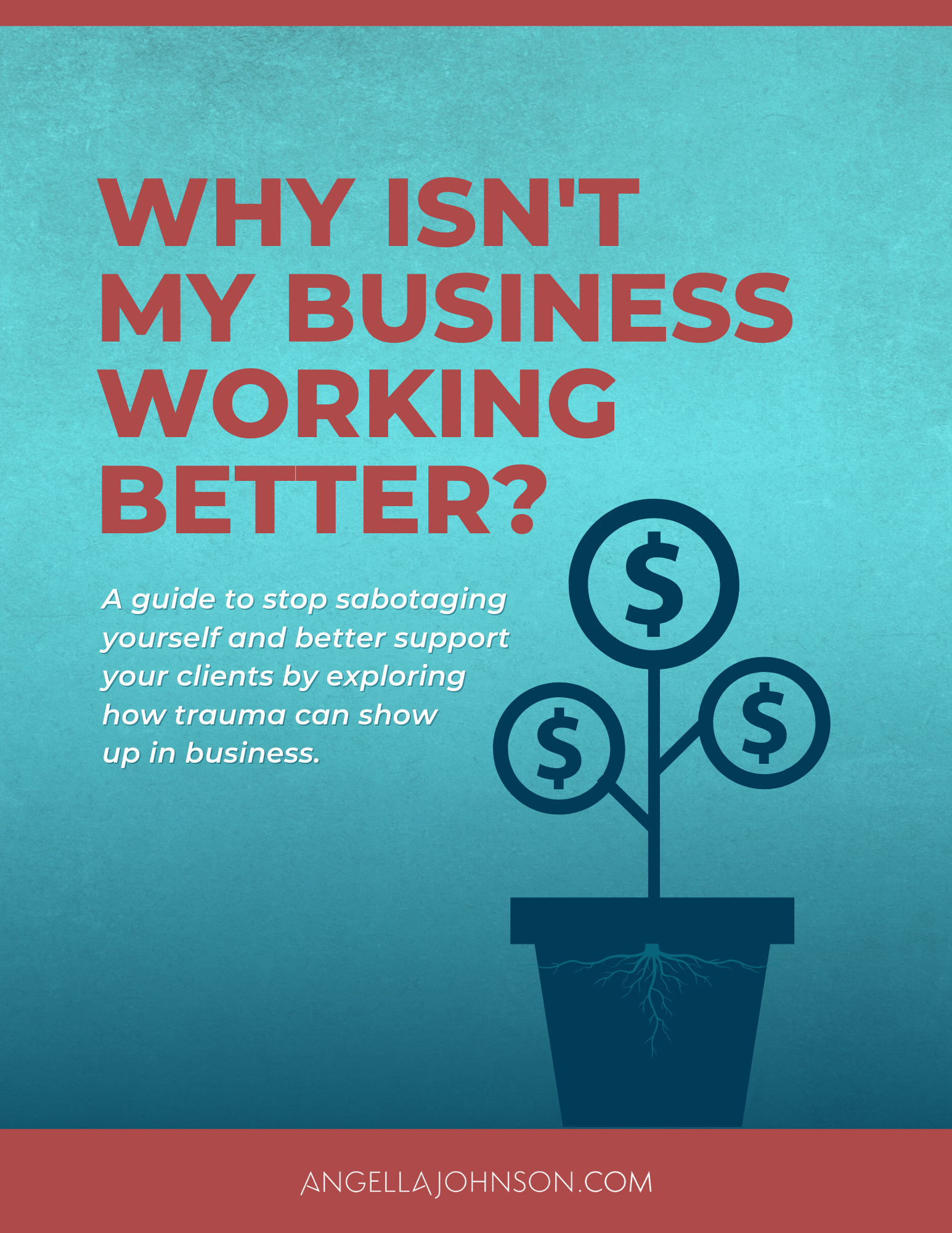When I heard this, I had major resistance because I had “built” my business on this principle. Or so I thought.
My coach gave me a challenge and that was to NEVER do a TRADE again. Some call it bartering, I called it an energy exchange.
Is TRADE killing your business? It was mine and this is why.
The single greatest act of service you can give to your client that will create the biggest transformation is the opportunity to invest in themselves.
The investment is proof to themselves of their value, talent, potential and it now opens a flood of other possibilities. By not accepting that investment, you rob them of the very experience that they so desire, which is to embrace their own value.
The truth is if someone wants to work with you and they see the value in it they will do what ever it takes to invest in you. The excuse “I can’t afford it” is never about the money. It’s an easy way out, I’ve used it, I’ve had people use it on me and it’s not the true reason.
The new rule for doing a trade is you write the other person a check, they write you a check. Even if it’s the same amount and you essentially swap.
Isn’t it true that if you want something bad enough, you find a way?
I still do “trades” but this way we both have the rich EXPERIENCE of investing in ourselves and receiving value of what we have invested in. If you have ever done a traditional “trade” and one or both of you get burned out because you aren’t totally committed, it’s most likely because you didn’t value it completely from the beginning.
My TRADE Guidelines:
1. If it’s something that both parties already wanted, then do a trade. And a trade is NOW, you write them a check, they write you a check. You deposit each other’s checks and track it in your bookkeeping (which you are supposed to do with barters anyway by the way).
2. No more than 15% of your monthly income is done in trades. My rule of thumb is 10%, which is the same amount I give back, whether in donations, tithe, or gifting.
3. Exchange service for service. Exchange hard costs for hard costs. If I have a product that costs me (my hard cost) $300 and someone wants to trade me for two massages worth $300, I have to consider my hard costs. Is it worth it and does it makes sense? To make it easy, exchange service for service and hard cost for hard cost.
4. Track all exchanges in writing just as you would with any client or customer. Clarity serves everyone in the long run. Write it down. Keep it simple.

